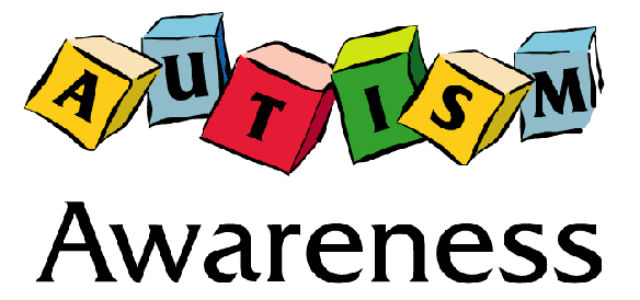9F, Zhongrui Jumei Building, 68 Jiuzhang Road, Suzhou Industrial Park, Jiangsu Province
Company News
Harvard Cambridge Health Alliance (CHA) Child Mental Health and Autism General Practitioner Training Program
Autism is also known as autism. According to the data in the "Report IV on the Development of the Autism Education and Rehabilitation Industry in China" released in 2022, there are over 2 million autistic children in China, and there is one autistic patient for every 160 children in the world. According to the birth rate of our country, it is conservatively estimated that the number of autistic children increases by nearly 200000 per year based on 1%. However, China is currently in a blank stage, with no systematic and specialized training courses.
The Child Mental Health and Autism General Practitioner Training Program will invite renowned expert teams from Harvard University Medical School and the Cambridge Health Alliance (CHA), as well as experts in the field of child psychology/autism, to conduct clinical teaching through online and offline forms, providing doctors with the opportunity to participate in clinical medical activities such as patient consultation and case discussion with overseas tutors, improving clinical business skills, and providing complete and systematic theoretical and practical training for medical personnel, Promote the construction of disciplines and talent echelons in the field of children's mental health and autism in China.

Training objectives
Strengthen the knowledge and skill base of medical practitioners responsible for diagnosing and treating autism patients, further improve the professional level of child autism prevention and treatment, establish a standardized on-the-job training mode for specialized teams, and help specialized teams better learn and learn from the development and new trends of academic disciplines at home and abroad, thereby ensuring compliance with international trends and the latest cutting-edge knowledge.

Project Features
Faculty strength
Cambridge Health Alliance (CHA), Harvard Medical School, Harvard Public School of Health, Tufts University Medical School, etc;
Certificate of Completion
After participating in the complete teaching cycle, the Harvard Cambridge Health Alliance (CHA) issues a completion certificate and receives corresponding credits;
Training mode
The online real-time seminar will cover topic summary, case analysis and demonstration, as well as question and answer sessions.
Project Advantages
one Deeply and systematically receive comprehensive theoretical knowledge and practical training on international child autism. To fill the gap in the absence of systematic and professional training in China, and address the dilemma of preventing and treating children with autism, as well as the difficulty of seeing a doctor for children;
2. Introducing the Harvard Cambridge Health Alliance (CHA) child autism course for the first time in China to master the latest cutting-edge professional knowledge;
3. Flexible learning methods, distance learning, which does not affect clinical work while completing overseas research tasks. Participate in the consultation process of the mentor synchronously, and have sufficient opportunities to interact with each other to ask questions;
After completing the study, the Harvard Cambridge Health Alliance (CHA) will issue a training certificate;
5. Obtaining National Continuing Education Class I credits upon completion of study;
6. Excellent students will receive priority opportunities to go to the Cambridge Health Alliance (CHA) for clinical research and observation.
Project Introduction
Training time
2023
Training form
Offline
Training mode
Expert lectures, topic summary, case analysis, interactive Q&A, etc
Course objectives
1. Recognize and summarize the key clinical and behavioral factors that define autism spectrum disorders (ASD).
Understand several methods for evaluating autism (ASD).
3. Demonstrate pharmaceutical preparations used to treat symptoms of autism (ASD), and develop medication regimens based on the latest data in the medical literature.
4. Explore various non drug psychosocial treatment methods that are beneficial to patients with autism.
5. Summarize the common symbiotic diseases and treatment methods of autism spectrum disorders (ASD).
6. Multiple comprehensive treatment goals that provide optimal outcomes for patients with autism.
Course module
✓ Phase 1: A general understanding of autism
✓ Phase II: Assessment Methods for Autism
✓ Phase III: Drug Therapy Strategies for Autism
✓ Phase 4: Psychological and Social Therapy for Autism
✓ Phase 5: Symbiosis of Autism
✓ Phase 6: Objectives and outcomes for autism treatment
Registration Details
contact information:
Jiang Jun 13771758095
jjiang@evomt.com
Ji Yuxin 18001541117
yxji@evomt.com
Chen Jiahao 13771954400
jhchen@evomt.com

